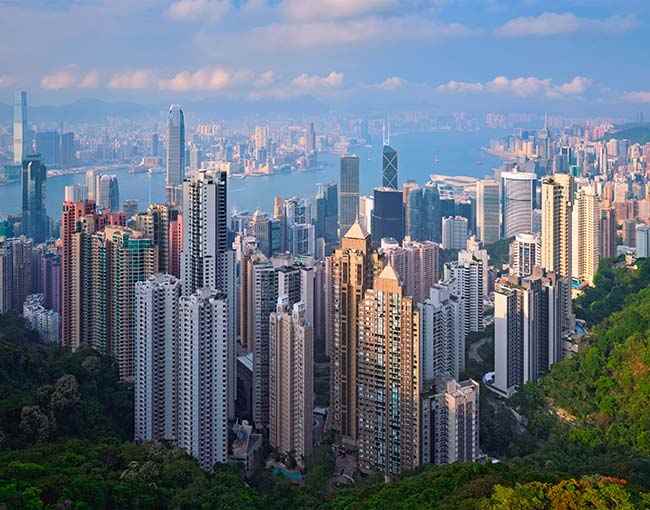Home > Insights > Publications > Beware: It’s time to reevaluate your exports and deemed exports to Hong Kong
Suspension of EAR license exceptions
On Monday, June 29, 2020, Secretary of Commerce Wilbur Ross released a statement revoking Hong Kong’s special status that enabled it to enjoy preferential treatment over the People’s Republic of China (“PRC”) - including the availability of U.S. export license exceptions. Secretary Ross stated that, “[w]ith the Chinese Communist Party’s imposition of new security measures on Hong Kong, the risk that sensitive U.S. technology will be diverted to the People’s Liberation Army or Ministry of State Security has increased, all while undermining the territory’s autonomy. Those are risks the U.S. refuses to accept and have resulted in the revocation of Hong Kong’s special status.” The statement was followed by a one-page Suspension of License Exceptions for Hong Kong, in which the Commerce Department suspended License Exceptions for items subject to the EAR being exported to, reexported to, or transferred (in-country) within Hong Kong that provide differential treatment than those available to the PRC effective June 30.
The Suspension contains two safe harbors:
- Transactions that were already on the dock for loading or laden aboard an exporting/transferring carrier or en route aboard a carrier to a port of export or reexport on Tuesday, June 30, 2020 are permitted to proceed under the applicable License Exception.
- Deemed exports/reexports involving Hong Kong persons authorized under a License Exception prior to June 30, 2020 may continue under the authorization until August 28, 2020, at which time an export license shall be required. In order to take advantage of the safe harbor grace period, you must be able to show documentation proving that the person was hired and given access to technology eligible for Hong Kong under part 740 prior to June 30, 2020.
As a result of Commerce’s export suspension, manufacturers should consider immediately reviewing their compliance policies and procedures for exporting goods to Hong Kong since, in many cases, export licenses may now be required.
In addition, manufacturers and universities that are sharing controlled technology with employees, partners, consultants, engineers, or scientists who are Hong Kong foreign nationals should review that technology to determine whether they can satisfy the safe harbor requirements and/or whether an export license will be required to transfer that technology when the deemed-export safe harbor terminates on August 28, 2020.
Defense-related exports and military end-use concerns
On the same day as Mr. Ross’ statement was released, Secretary of State, Michael Pompeo released a statement announcing the ‘ending’ of exports of U.S.-origin defense equipment to Hong Kong and noted that the United States will take steps toward imposing the same restrictions on U.S. defense and dual-use technologies to Hong Kong as it does for China. Secretary Pompeo noted that the United States “can no longer distinguish between the export of controlled items to Hong Kong or to mainland China [and] cannot risk these items falling into the hands of the People’s Liberation Army, whose primary purpose is to uphold the dictatorship of the CCP by any means necessary.” Companies should, therefore, expect license applications for export licenses for defense articles, including those controlled under the EAR’s 600-series ECCNs will likely be denied and that restrictions could soon be imposed on exports to Hong Kong of defense articles controlled under the .y paragraphs of 600-series ECCNs.
Given the concerns regarding diversion from Hong Kong to the Chinese military, enhanced due diligence should be exercised for items that are exported to Hong Kong that are on the recently expanded list of items controlled for military end use or military end-users. These include commonly exported items such as avionics and aircraft parts and components controlled under ECCNs 7A994 and 9A991.
If you are engaged in exporting products and/or technology to entities in Hong Kong, or to Hong Kong foreign nationals wherever they may be located, now is the time to review these export transactions and reevaluate your export licensing policies and procedures.
Thompson Coburn’s International Trade Group continues to monitor these and related developments and has experience with these and a wide array of other interrelated matters. Please contact any of the authors listed below should you have questions about these specific issues or other U.S. export and/or economic sanctions matters impacting your business.

